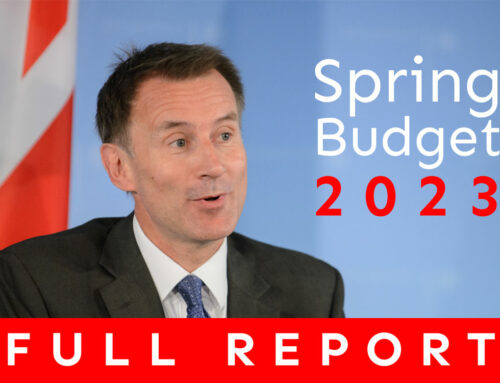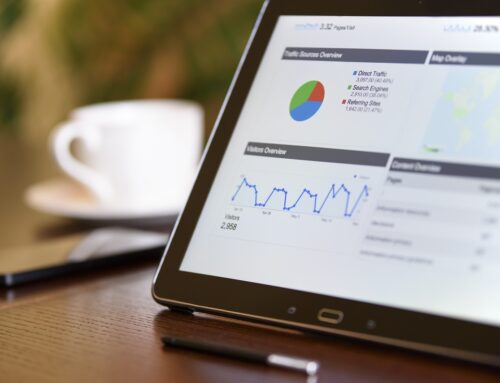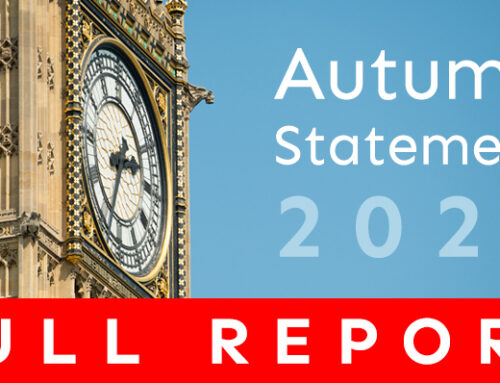Coronavirus business support schemes – how to account for grant income
Many of the measures announced by the government to help businesses during the Covid-19 (Coronavirus) pandemic involve grant payments to business owners. But how do you account for grant payments, and what taxes are due? It is important to understand the accounting treatment needed, and indeed whether income is actually a grant, be that from the government or private entity. Our short guide tells all.
What is a grant?
The mere labeling of a payment as a grant does not
necessarily make it one. True grant income is
money received by your business for which you do
not have to provide or do anything in return.
There may be restrictions in terms of what you can
spend the money on, and/or a reporting
requirement, but as long as you do not have to
provide any goods or services in return for the
grant, it is still classed as a grant.
In the context of the business support measures
put in place for Coronavirus, the following
schemes include payments by government grant:
- Job Retention Scheme
- Self Employed income support scheme
- Cash grants for retail, hospitality and leisure businesses
- Small Business Grant Scheme
You can find out more about all of these schemes but reading our guide to Coronavirus business support measures here.
Corporation tax and income tax on grant income
Grants are seen as taxable income in the same way
as any other income. However, if the grant is for
expenditure accounted for in the P&L and you
can defer the grant income then the income can be
matched to its intended expenditure. The income
and expenditure cancel each other out and there
would be no tax liability with no impact on your
profit or tax.
If the grant income is spent on equipment or fixed
assets then the grant is not taxable but there
would also be no capital allowance available on
the expenditure.
Accounting for grant income
How grant income is accounted for depends on what
it is used for:
If the expenditure is usually accounted for in the
P&L, then the grant income should be reflected
there too. If you’ve yet to spend the grant it
will be recorded on the balance sheet as deferred
and moved to the P&L when the grant is
spent.
If the grant is used to purchase equipment or
other fixed assets then the grant income would be
recorded on the balance sheet as deferred and
released to the P&L over time to match
depreciation of the item purchased.
VAT on grant income
Grant income is outside the scope of VAT, therefore no VAT is payable when you receive a grant.
If you need more information about the business support measure put in place to help businesses affected by Coronavirus, please read our guide here.
If you’d like to find out more about our accounting services here at Vantage Accounting please click here.




